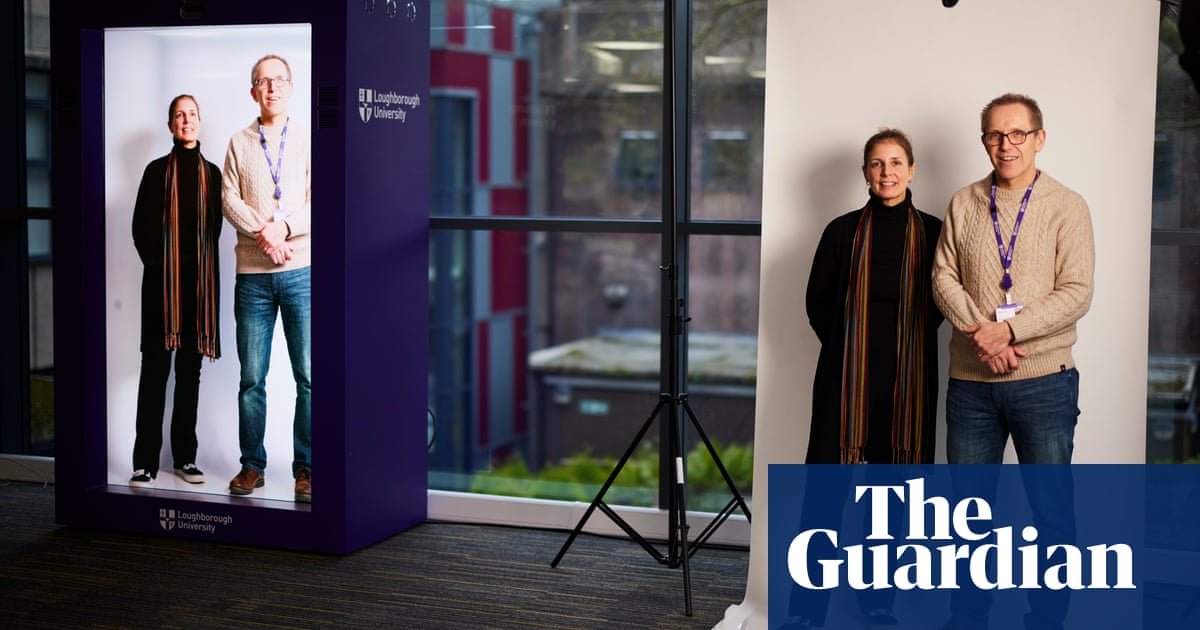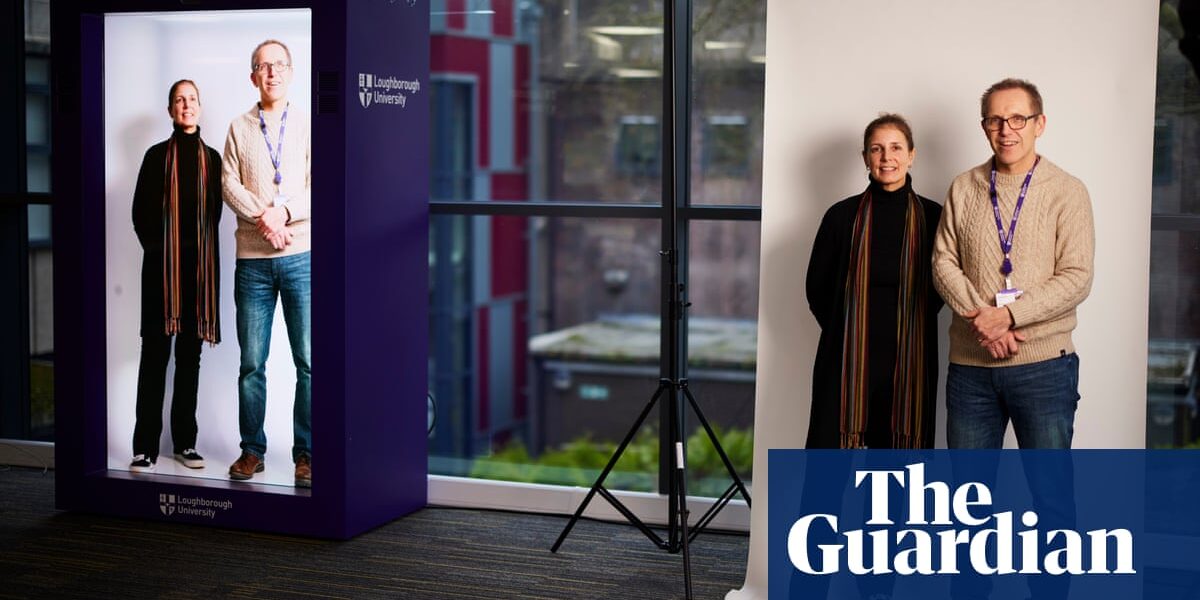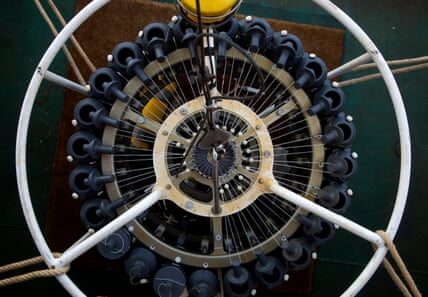
A
Most university professors would agree that getting students to attend a morning lecture is difficult. However, even a student who is feeling the effects of a hangover would likely be interested in a physics lesson from Albert Einstein or a design masterclass from Coco Chanel.
British students may soon experience this as a reality, as certain universities are beginning to utilize holographic technology to stream guest lecturers from various parts of the world. This technology is similar to what is used to revive deceased or retired singers for performances.
Loughborough University, the pioneer in Europe for investigating the potential uses of this technology, intends to utilize it in the training of fashion students by bringing in sports scientists from the Massachusetts Institute of Technology (MIT) to teach them how to produce immersive shows. Additionally, they plan to utilize this technology to evaluate the skills of management students in handling challenging business scenarios.
According to Prof Vikki Locke, the head of undergraduate studies at Loughborough business school, students are highly enthusiastic about the technology and have been requesting to take selfies with it. She also mentioned that they would rather have a guest speaker from the industry virtually appear in their classroom than a flat image on the wall.
According to her, participating in Zoom calls made students feel as though they were simply watching television, with a sense of detachment. She believes that a holographic image would be more captivating and authentic for them.
The technology will be officially incorporated into the curriculum in 2025, following a year of testing and trial runs.
Proto, a company based in LA, sells box-based holographic units to clients such as BT and IBM. These units are used in meetings to minimize the need for business travel. Proto also collaborates with H&M, a fashion retailer in Stockholm, to create interactive product displays.
The founder of Proto, David Nussbaum, started the company four years ago after his work on holograms of deceased celebrities. He claims that his company is capable of reviving some of the greatest thinkers of the 20th century.
According to him, Proto has the capability to display a lifelike image of Stephen Hawking or anyone else. It can be linked to various sources such as books, lectures, and social media to replicate any question or interaction with him. The AI version of Stephen Hawking would have his appearance, voice, and mannerisms.
I am amazed and stunned by the incredible interactions. AI plays a significant role in our daily lives, regardless of personal preferences. He stated that his company’s goal is to demonstrate that having a hologram should not be limited to only eccentric millionaires or celebrities.
According to Gary Burnett, a digital creativity professor at Loughborough University, new forms of literacy include immersive technologies and AI. It is important for students to comprehend how to utilize and engage with these technologies in order to prepare for their future professions.
Bypass the advertisement for the newsletter.
after newsletter promotion
According to Prof Rachel Thomson, the university’s pro-vice-chancellor, this technology has the potential to support the university’s sustainability goals. It can do so by decreasing the necessity for guest speakers to travel by air and by promoting international research partnerships. Additionally, it can lessen the materials utilized by students in engineering, design, and the creative arts when constructing prototypes.
This could also enable a teacher to showcase a complex device, like an engine, more smoothly than through a video call.
According to Nussbaum, his company’s initial goal is to target businesses and major establishments like universities. However, in the next 18 months, he aims to introduce smaller units priced at less than $1,000 (£800). These units would project a condensed image similar to “Wonkavision” from Roald Dahl’s Charlie and the Chocolate Factory.
According to him, the technology’s AI capabilities allow for the creation of an avatar resembling anyone in the world. However, he mentioned that this could potentially lead to legal issues.
Source: theguardian.com




